Search For Dark Matter And Primordial Black Holes From Early Universe
Eddie Gonzales Jr. – MessageToEagle.com – Researchers from the Kavli Institute for the Physics and Mathematics of the Universe (Kavli IPMU) are conducting the study of black holes that could have formed in the early universe before stars and galaxies were born.
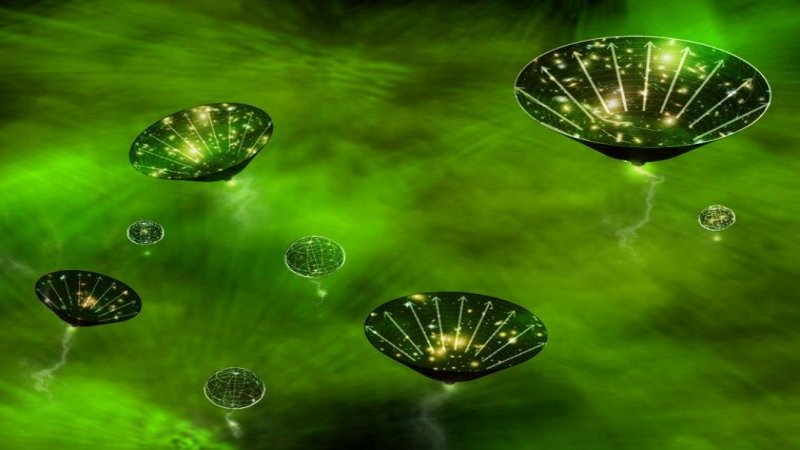 Baby universes branching off of our universe shortly after the Big Bang appear to us as black holes. (Credit:Kavli IPMU)
Baby universes branching off of our universe shortly after the Big Bang appear to us as black holes. (Credit:Kavli IPMU)
Such primordial black holes (PBHs) could account for all or part of dark matter, be responsible for some of the observed gravitational waves signals, and seed supermassive black holes found in the center of our Galaxy and other galaxies.
The researchers say PBHs could also play a role in the synthesis of heavy elements when they collide with neutron stars and destroy them, releasing neutron-rich material. In particular, there is an exciting possibility that the mysterious dark matter, which accounts for most of the matter in the universe, is composed of primordial black holes.
To learn more about primordial black holes, the research team looked at the early universe for clues.
The early universe was so dense that any positive density fluctuation of more than 50 percent would create a black hole. However, cosmological perturbations that seeded galaxies are known to be much smaller. Nevertheless, a number of processes in the early universe could have created the right conditions for the black holes to form.
One possibility is that primordial black holes could form from the “baby universes” created during inflation, a period of rapid expansion that is believed to be responsible for seeding the structures we observe today, such as galaxies and clusters of galaxies.
During inflation, baby universes can branch off of our universe. A small baby (or “daughter”) universe would eventually collapse, but the large amount of energy released in the small volume causes a black hole to form.
An even more peculiar fate awaits a bigger baby universe. If it is bigger than some critical size, Einstein’s theory of gravity allows the baby universe to exist in a state that appears different to an observer on the inside and the outside.
An internal observer sees it as an expanding universe, while an outside observer (such as us) sees it as a black hole. In either case, the big and the small baby universes are seen by us as primordial black holes, which conceal the underlying structure of multiple universes behind their “event horizons.” The event horizon is a boundary below which everything, even light, is trapped and cannot escape the black hole.
In their paper, the team described a novel scenario for PBH formation and showed that the black holes from the “multiverse” scenario can be found using the Hyper Suprime-Cam (HSC) of the 8.2m Subaru Telescope, a gigantic digital camera — near the 4,200-meter summit of Mt. Mauna Kea in Hawaii.
Written by Eddie Gonzales Jr. – MessageToEagle.com Staff

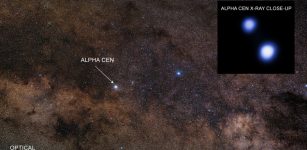
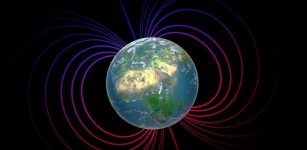
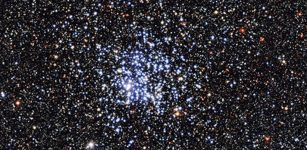

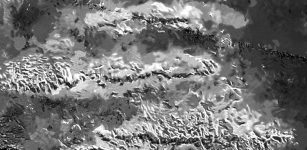


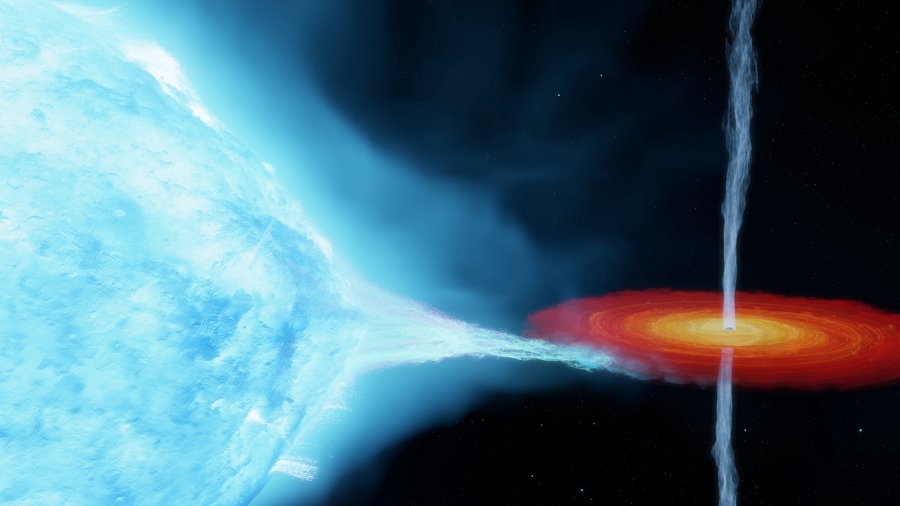
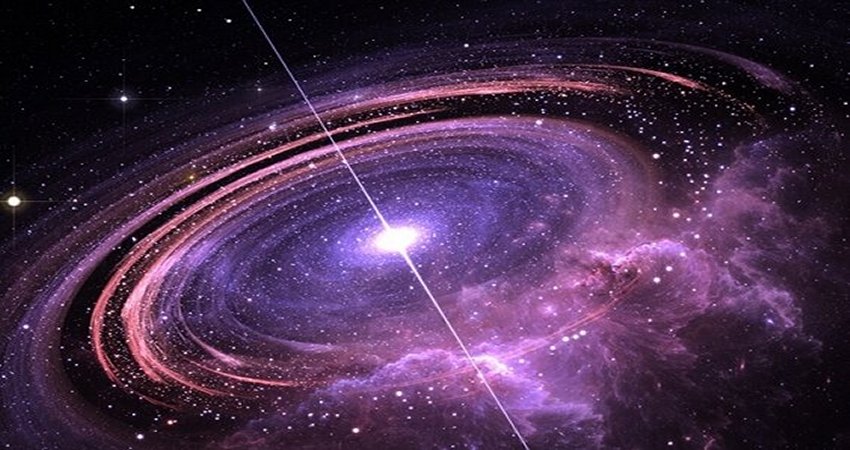
![Composite X-ray and radio image of Hoinga (see also Fig.2 and Fig.3). The X-rays discovered by eROSITA are emitted by… [more] © eROSITA/MPE (X-ray), CHIPASS / SPASS / N. Hurley-Walker, ICRAR-Curtin (Radio)](https://www.messagetoeagle.com/wp-content/uploads/2021/03/hoingaremnants12-307x150.jpg)